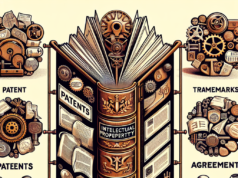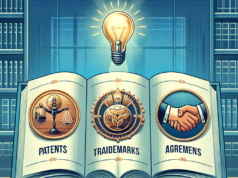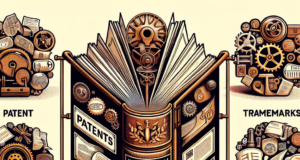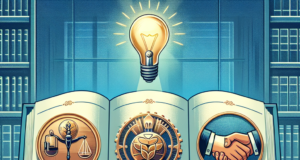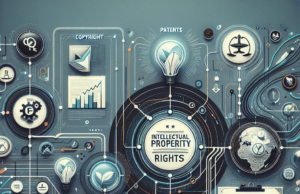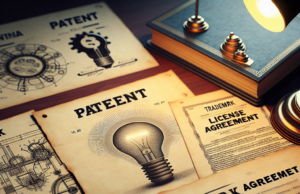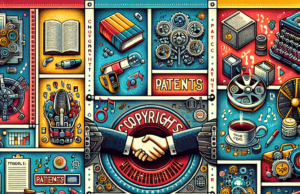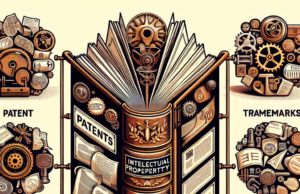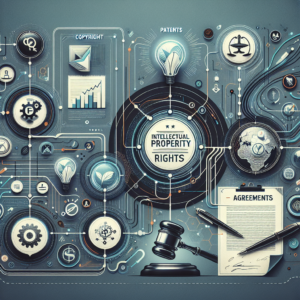
In an era where digital content creation and distribution are at an all-time high, the landscape of copyright protection laws is undergoing significant transformations. As governments and regulatory bodies respond to the rapid evolution of technology and the internet, creators and content distributors must prepare for a new set of legal frameworks that will redefine their rights and responsibilities. This article delves into the essential updates on copyright protection laws, exploring the current landscape, the driving factors behind the changes, and the implications for various stakeholders in the digital ecosystem.
Understanding the Current Landscape of Copyright Protection Laws: An Overview
Copyright protection laws have long served as a cornerstone for safeguarding the rights of creators, ensuring that their intellectual property is not exploited without permission. Currently, these laws vary significantly across jurisdictions, with some countries offering robust protections while others lag behind. The Berne Convention and the World Intellectual Property Organization (WIPO) have established international standards, yet enforcement remains a challenge, particularly in the digital realm. As technology continues to blur the lines between creation and distribution, the existing legal frameworks are increasingly seen as inadequate, prompting calls for reform to better protect the rights of creators in a rapidly changing environment.
Key Factors Driving the Upcoming Changes in Copyright Legislation
Several key factors are propelling the need for updates to copyright legislation. First and foremost is the explosive growth of digital content consumption, which has led to an unprecedented increase in copyright infringement cases. The rise of social media platforms and user-generated content has further complicated the landscape, as traditional copyright laws struggle to address the nuances of sharing and remixing content online. Additionally, advancements in artificial intelligence and machine learning have raised questions about authorship and ownership, challenging the very foundations of copyright law. As stakeholders from various sectors advocate for reform, lawmakers are increasingly recognizing the need to modernize copyright protections to reflect the realities of the digital age.
Implications of New Copyright Laws for Creators and Content Distributors
The impending changes to copyright laws will have far-reaching implications for both creators and content distributors. For creators, enhanced protections may provide greater control over their work, allowing them to monetize their creations more effectively and combat unauthorized use. However, these changes may also introduce new complexities, such as stricter licensing requirements and potential liabilities for infringement. Content distributors, including platforms like YouTube and TikTok, will need to adapt to new compliance measures, which may involve implementing more robust content identification systems and revising their terms of service. Ultimately, the balance between protecting creators’ rights and fostering an open digital environment will be a critical consideration in the upcoming legislative changes.
How the Changes Will Affect Digital Media and Online Platforms
Digital media and online platforms are poised to experience significant shifts as new copyright laws come into effect. With stricter regulations, platforms may be required to take a more active role in monitoring and managing copyrighted content, potentially leading to increased operational costs. This could result in a more cautious approach to content moderation, where platforms may err on the side of removing content to avoid liability. Additionally, the changes may encourage the development of innovative licensing models, enabling creators to collaborate more freely while still protecting their rights. As the landscape evolves, platforms will need to navigate these new legal requirements while maintaining user engagement and fostering creativity.
Navigating the Legal Landscape: What You Need to Know About Compliance
As copyright laws evolve, it is essential for creators and distributors to stay informed about compliance requirements. Understanding the nuances of the new legislation will be crucial in avoiding potential legal pitfalls. Creators should familiarize themselves with the licensing options available, including Creative Commons licenses, which can offer flexible solutions for sharing their work while retaining certain rights. Distributors, on the other hand, must invest in robust content management systems that can effectively identify and address copyright issues. Legal counsel specializing in intellectual property will become increasingly valuable as stakeholders seek guidance on navigating the complexities of the new legal landscape. Proactive compliance measures will not only mitigate risks but also foster a culture of respect for intellectual property rights.
Future Outlook: Predictions for Copyright Protection in the Next Decade
Looking ahead, the future of copyright protection is likely to be shaped by ongoing technological advancements and shifting societal attitudes toward intellectual property. As artificial intelligence continues to play a larger role in content creation, lawmakers may need to address questions surrounding authorship and ownership in a digital context. Additionally, the rise of decentralized platforms and blockchain technology could lead to new models for copyright management, offering creators more control over their work and enabling direct transactions with consumers. However, the challenge will remain in balancing the interests of creators, distributors, and consumers, ensuring that copyright laws promote innovation while safeguarding the rights of those who contribute to the creative economy. As we move into the next decade, the evolution of copyright protection will undoubtedly reflect the dynamic interplay between technology, law, and culture.
In conclusion, the impending changes to copyright protection laws represent a critical juncture for creators, content distributors, and digital platforms alike. As the legal landscape evolves to meet the demands of the digital age, stakeholders must remain vigilant and adaptable, embracing new opportunities while navigating the complexities of compliance. By understanding the implications of these changes and preparing for the future, the creative community can continue to thrive in an increasingly interconnected world.






